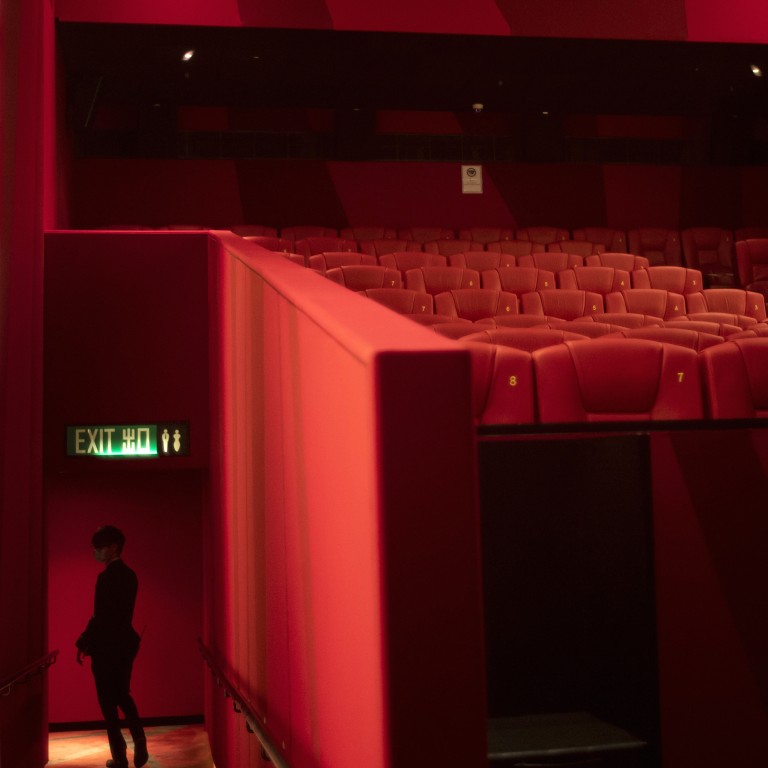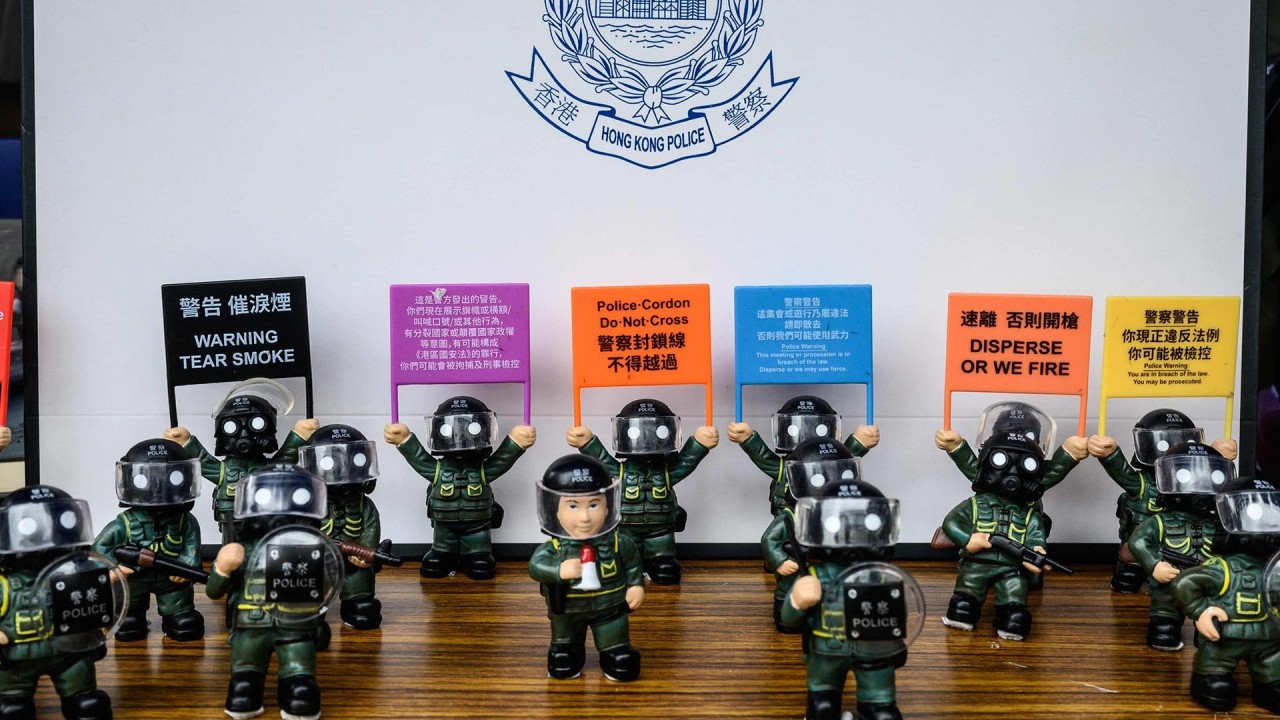
Letters | Why Hong Kong’s new film censorship rules are reasonable and won’t hurt creativity
- Films are a very influential form of expression, more so when they are based on real-life events and can be misconstrued by less-informed audience members
- Creativity flows like a river. Whenever a dam of censorship has been built, artists have always found a way to express themselves
I refer to your poll question of June 13: “Hong Kong’s new censorship guidelines recommend banning public screenings of films that may contravene the national security law. The government cited the need to strike a balance between protecting individual rights and safeguarding legitimate societal interests. Do you agree?”
Films are a very influential form of expression, more so when they are based on real-life events, because then they are often construed by less-informed sections of the audience as exact versions of how the depicted events unfolded in the past. It is hoped that the additional layer of NSL-induced censorship will be able to introduce an appropriate level of objectivity to maintain a well-rounded factual view of the cinematic representation of events.
It is particularly important to clarify the scope of censorship: for example, how do the different online streaming platforms come under the purview of these guidelines? This is because, while such platforms deliver cinematic content to the public, this “public” is not a group of citizens in external environments like auditoriums, but rather watches the content on an individual basis, within the confines of someone’s private space.
Another important clarification required of scope is whether it is restricted only to films, or if all other forms of enacted expression like live plays, TV and radio dramas, and self-uploaded videos on platforms like YouTube also fall within the remit of this new censorship. These forms of media have dedicated audiences, and standards that will be set for films should also apply to them.
Hong Kong public broadcaster RTHK launches probe over show segment featuring June 4 vigil organisers marking Tiananmen crackdown
Avisekh Biswas, Mong Kok


